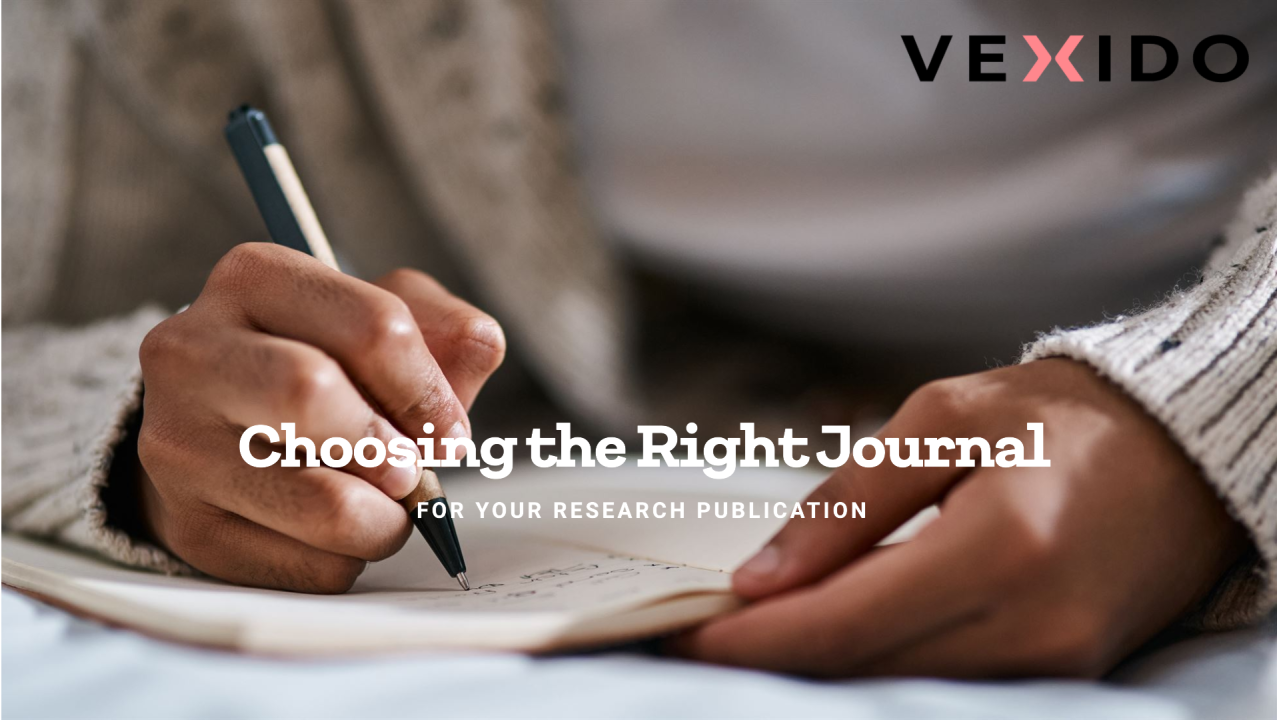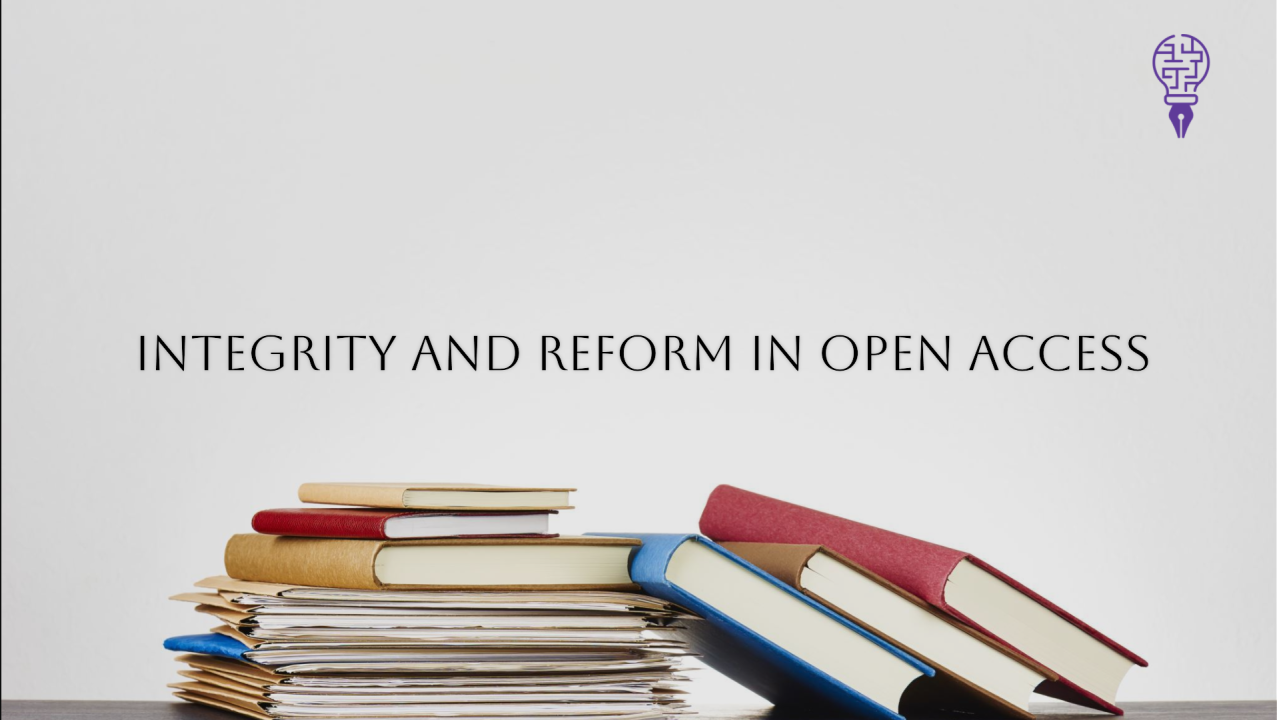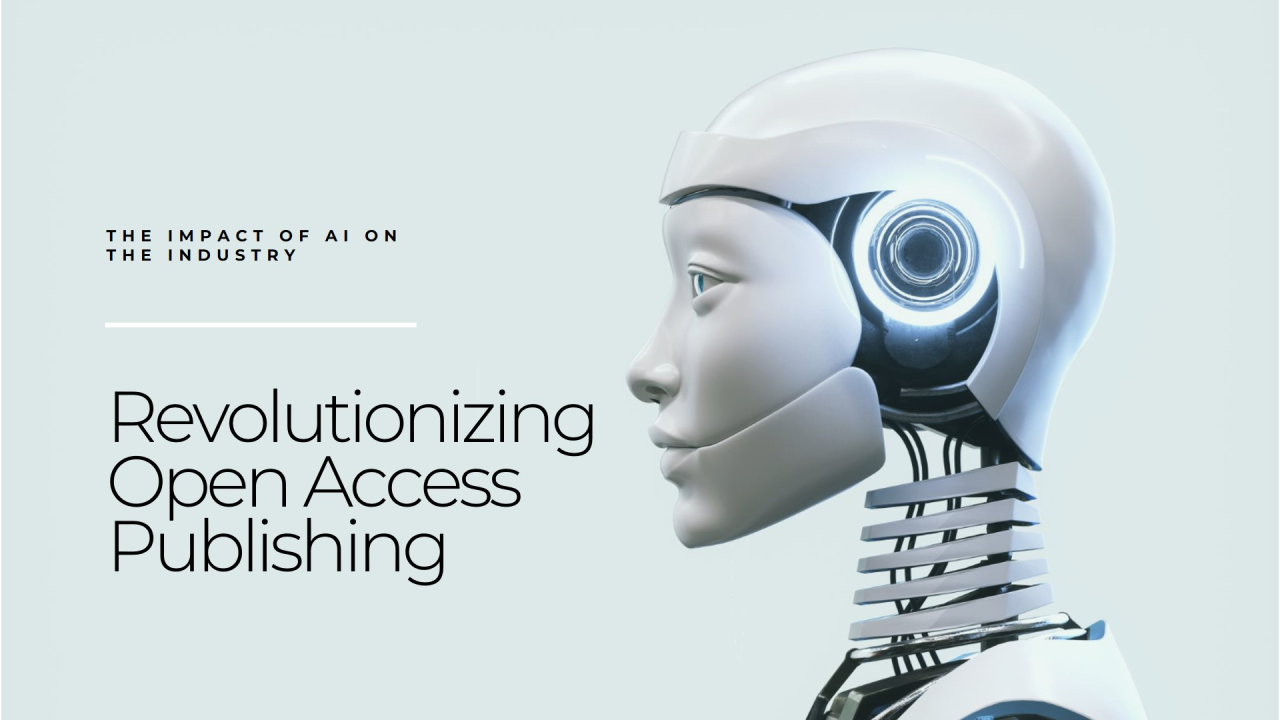CURRENT ISSUE
No Current Issue
Sustainable Development & Green Economy
Sustainable Development & Green Economy
Integrating Sustainability into Economic Growth and Development
Introduction
Sustainable development and the green economy focus on balancing economic growth with environmental responsibility. This approach ensures that economic progress does not come at the cost of natural resource depletion or environmental degradation.
A green economy promotes low-carbon technologies, circular economic models, responsible consumption, and socially inclusive development strategies. This section of SUSTAINA highlights research, policies, and case studies that contribute to sustainable business models, ESG compliance, financial sustainability, and climate-friendly economic transformations.
Key Focus Areas
ESG (Environmental, Social, and Governance) Policies & Corporate Sustainability
- Implementation of ESG frameworks in corporate governance and financial decision-making.
- The role of businesses in achieving UN Sustainable Development Goals (SDGs).
- Sustainable supply chain practices, ethical sourcing, and corporate social responsibility (CSR).
Circular Economy & Waste-to-Energy Innovations
- Strategies for minimizing waste through recycling, reusing, and upcycling.
- Research on biodegradable materials, compostable packaging, and zero-waste production.
- Waste-to-energy technologies, including biogas, biofuels, and industrial waste valorization.
Sustainable Business Models & Green Entrepreneurship
- The role of startups and businesses in driving sustainable innovation.
- Emerging models in green finance, carbon-neutral operations, and social enterprises.
- Case studies of successful sustainability-driven businesses and impact investment ventures.
Green Finance, Carbon Credits & Sustainable Investments
- Analysis of carbon markets, emissions trading systems, and climate finance policies.
- The role of green bonds, impact investing, and sustainability-linked financial instruments.
- Government incentives and private sector initiatives for funding low-carbon economies.
Economic Impact of Environmental Policies
- Research on how climate policies influence economic stability and industrial growth.
- Studies on job creation and employment shifts in a green economy.
- Comparative analysis of renewable energy adoption vs. fossil fuel dependency.
Sustainable Consumption & Production Strategies
- The role of consumer behavior in sustainability-driven markets.
- Policies encouraging energy efficiency, sustainable agriculture, and ethical consumerism.
- Research on lifecycle assessment (LCA), eco-labeling, and product sustainability certifications.
Future Perspectives
The transition to a sustainable and green economy requires multi-sector collaboration, investment in clean technologies, and regulatory alignment with climate goals. Research on economic resilience, sustainable development, and green business innovations is vital for shaping policies that support environmental sustainability while fostering economic growth.
Through this section, SUSTAINA aims to advance knowledge on green economic models, sustainable financial strategies, and policies that drive long-term environmental and economic benefits.















